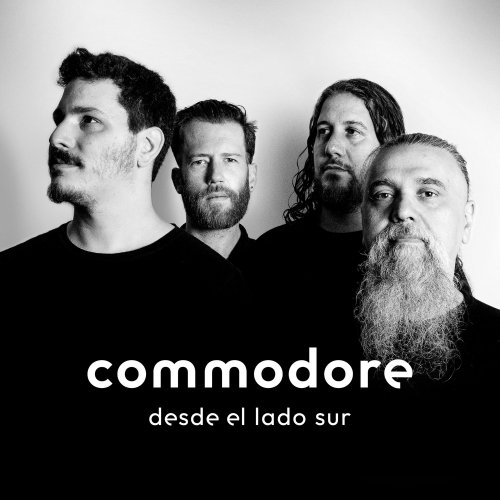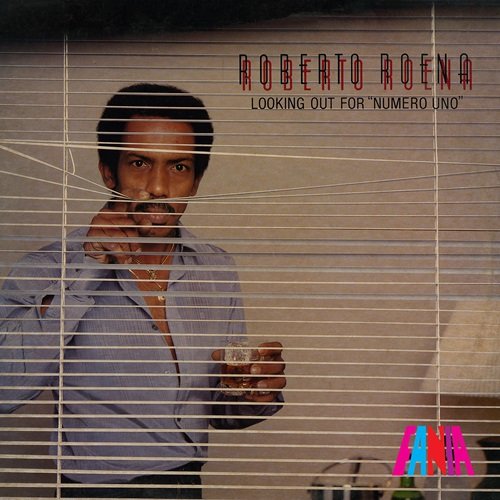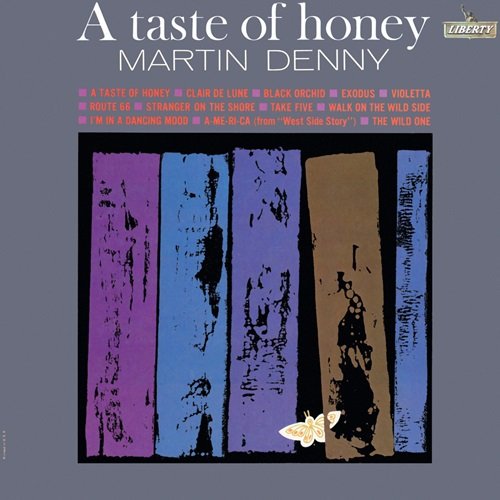Carlo Bergonzi - Ponchielli: La Gioconda, Op. 9 (2023)
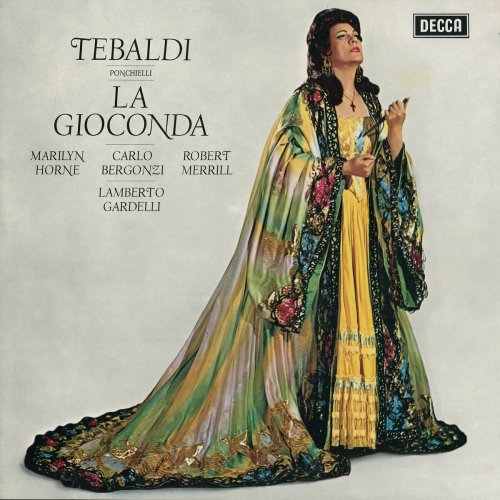
Artist: Carlo Bergonzi, Amilcare Ponchielli, Robert Merrill, Renata Tebaldi, Orchestra dell'Accademia Nazionale di Santa Cecilia
Title: Ponchielli: La Gioconda, Op. 9
Year Of Release: 1867/2023
Label: Decca Music Group Limited
Genre: Classical
Quality: FLAC (tracks)
Total Time: 155:03 min
Total Size: 747 MB
WebSite: Album Preview
Tracklist:Title: Ponchielli: La Gioconda, Op. 9
Year Of Release: 1867/2023
Label: Decca Music Group Limited
Genre: Classical
Quality: FLAC (tracks)
Total Time: 155:03 min
Total Size: 747 MB
WebSite: Album Preview
CD1:
01. La Gioconda, Op. 9, Act I : Ponchielli: La Gioconda, Op. 9, Act I - Preludio
02. La Gioconda, Op. 9, Act I : Ponchielli: La Gioconda, Op. 9, Act I - Feste! Pane! Feste!
03. La Gioconda, Op. 9, Act I : Ponchielli: La Gioconda, Op. 9, Act I - E cantan su lor tombe!
04. La Gioconda, Op. 9, Act I : Ponchielli: La Gioconda, Op. 9, Act I - L'ora non giunse ancor
05. La Gioconda, Op. 9, Act I : Ponchielli: La Gioconda, Op. 9, Act I - Voce di donna ... A te questo rosario
06. La Gioconda, Op. 9, Act I : Ponchielli: La Gioconda, Op. 9, Act I - Enzo Grimaldo, Principe di Santafior
07. La Gioconda, Op. 9, Act I : Ponchielli: La Gioconda, Op. 9, Act I - Maledici: Sta ben
08. La Gioconda, Op. 9, Act I : Ponchielli: La Gioconda, Op. 9, Act I - O monumento!
09. La Gioconda, Op. 9, Act I : Ponchielli: La Gioconda, Op. 9, Act I - Carneval! Baccanal!
CD2:
01. La Gioconda, Op. 9, Act II : Ponchielli: La Gioconda, Op. 9, Act II - Ho! He! Ho! He! Fissa il timone!
02. La Gioconda, Op. 9, Act II : Ponchielli: La Gioconda, Op. 9, Act II - Pescator, affonda l'esca
03. La Gioconda, Op. 9, Act II : Ponchielli: La Gioconda, Op. 9, Act II - Sia gloria ai canti dei navaganti!
04. La Gioconda, Op. 9, Act II : Ponchielli: La Gioconda, Op. 9, Act II - Cielo e mar!
05. La Gioconda, Op. 9, Act II : Ponchielli: La Gioconda, Op. 9, Act II - Ma chi vien:... Oh! La sinistra voce!
06. La Gioconda, Op. 9, Act II : Ponchielli: La Gioconda, Op. 9, Act II - Laggiù fra le nebbe remote
07. La Gioconda, Op. 9, Act II : Ponchielli: La Gioconda, Op. 9, Act II - Stella del marinar!
08. La Gioconda, Op. 9, Act II : Ponchielli: La Gioconda, Op. 9, Act II - E un anatema!
09. La Gioconda, Op. 9, Act II : Ponchielli: La Gioconda, Op. 9, Act II - Il mio braccia t'afferra!
10. La Gioconda, Op. 9, Act III : Ponchielli: La Gioconda, Op. 9, Act III - Sì, morir ella de'!
11. La Gioconda, Op. 9, Act III : Ponchielli: La Gioconda, Op. 9, Act III - Là turbini e farnetichi
12. La Gioconda, Op. 9, Act III : Ponchielli: La Gioconda, Op. 9, Act III - Qui chiamata m'avete:... Bella così, madonna
13. La Gioconda, Op. 9, Act III : Ponchielli: La Gioconda, Op. 9, Act III - Qui chiamata m'avete:... Bella così, madonna
14. La Gioconda, Op. 9, Act III : Ponchielli: La Gioconda, Op. 9, Act III - Benvenuti, messeri!
15. La Gioconda, Op. 9, Act III : Ponchielli: La Gioconda, Op. 9, Act III - Grazie vi rendo
16. La Gioconda, Op. 9, Act III : Ponchielli: La Gioconda, Op. 9, Act III - Il ballo delle ore... Prodigio!
17. La Gioconda, Op. 9, Act III : Ponchielli: La Gioconda, Op. 9, Act III - Vieni! Lasciami! Ohimè!
CD3:
01. La Gioconda, Op. 9, Act IV : Ponchielli: La Gioconda, Op. 9, Act IV - Preludio ... Nessun v'ha visto?
02. La Gioconda, Op. 9, Act IV : Ponchielli: La Gioconda, Op. 9, Act IV - Suicidio!
03. La Gioconda, Op. 9, Act IV : Ponchielli: La Gioconda, Op. 9, Act IV - Ecco il velen di Laura
04. La Gioconda, Op. 9, Act IV : Ponchielli: La Gioconda, Op. 9, Act IV - Ah, il cor mi si ravviva
05. La Gioconda, Op. 9, Act IV : Ponchielli: La Gioconda, Op. 9, Act IV - Ora posso morir
06. La Gioconda, Op. 9, Act IV : Ponchielli: La Gioconda, Op. 9, Act IV - Così mantieni il patto?
Tenor Carlo Bergonzi, for many, epitomized Verdian grace and style, not only for his generation, but for the entire 20th century. His parents were great opera lovers and took him to see Il trovatore when he was just six. Bergonzi responded enthusiastically: the next morning, his parents found him in the kitchen, singing "Di quella pira" as best he could, and staging the scene with kitchen implements. He performed under slightly more formal auspices, in church choirs and in child roles in the Busseto Opera. When he was 14, he auditioned for Edmondo Grandini. Grandini decided that Bergonzi was a baritone and offered him lessons. Bergonzi moved to Brescia to study with him, though his studies were interrupted by the war and later by his imprisonment for anti-Nazi activities in a German prisoner-of-war camp. When the war ended, he returned to Italy and began studies at the Boito Conservatory in Parma.
At the conservatory, he was still considered a baritone. He studied with Ettore Campogalliani and after graduation, made his professional debut as Schaunard in La bohème in 1947, his debut in a lead as Rossini's Figaro in 1948 at Lecce, and continued to sing leading baritone roles there, even at one point replacing Tito Gobbi as Rigoletto. However, he himself remained convinced that he was a tenor. Finally, having used what he had learned at the conservatory and recordings of other tenors, particularly Caruso, Schipa, Gigli, and Pertile, and what he remembered from singing on stage with Schipa and Gigli, he made his debut as a tenor at Bari as Andrea Chénier in 1951 and soon sang two major Verdi tenor roles: Riccardo (Un ballo in maschera) and Alvaro in La forza del destino. To keep his voice flexible, he also sang lighter roles, such as Nemorino and even Nero in Monteverdi's L'incoronazione di Poppea. In 1953 he made his La Scala debut creating the role of Mas'Aniello in Napoli's opera and his London debut as Alvaro, his American debut at the Lyric Opera of Chicago in 1955, and his Met debut the following year. His Covent Garden debut, again as Alvaro, was not until 1962. He became a regular performer at nearly all of the great opera houses, renowned not only for his singing, but for consistency. He kept his versatility throughout his career, alternating lyric and spinto roles and even some verismo roles. He was never a great stage actor, nor did he have the matinee-idol looks of some of his contemporaries, but was an excellent vocal actor, singing each role with the colors he felt it demanded, rather than a "one voice fits all" approach. During the 1980s he began to focus more on recitals and concert performances and also became a well-known teacher, concentrating on technique. He created a voice school in Busseto, and was instrumental in the "Concorso internazionale di voci verdiane," a competition for aspiring Verdi singers.
He recorded all of his major Verdi roles. He often referred to his 1976 recording on Philips of 31 major arias from every Verdi opera, which won the Deutscher Schalplattenpries, Premio della critica discographica italiana, and the Stereo Review Record of the Year awards, as the recording of which he was proudest. His complete recording of Pagliacci on Deutsche Grammophon for von Karajan shows him thoroughly at home in the verismo style. On Sony, he made an exemplary recording of Italian songs.
At the conservatory, he was still considered a baritone. He studied with Ettore Campogalliani and after graduation, made his professional debut as Schaunard in La bohème in 1947, his debut in a lead as Rossini's Figaro in 1948 at Lecce, and continued to sing leading baritone roles there, even at one point replacing Tito Gobbi as Rigoletto. However, he himself remained convinced that he was a tenor. Finally, having used what he had learned at the conservatory and recordings of other tenors, particularly Caruso, Schipa, Gigli, and Pertile, and what he remembered from singing on stage with Schipa and Gigli, he made his debut as a tenor at Bari as Andrea Chénier in 1951 and soon sang two major Verdi tenor roles: Riccardo (Un ballo in maschera) and Alvaro in La forza del destino. To keep his voice flexible, he also sang lighter roles, such as Nemorino and even Nero in Monteverdi's L'incoronazione di Poppea. In 1953 he made his La Scala debut creating the role of Mas'Aniello in Napoli's opera and his London debut as Alvaro, his American debut at the Lyric Opera of Chicago in 1955, and his Met debut the following year. His Covent Garden debut, again as Alvaro, was not until 1962. He became a regular performer at nearly all of the great opera houses, renowned not only for his singing, but for consistency. He kept his versatility throughout his career, alternating lyric and spinto roles and even some verismo roles. He was never a great stage actor, nor did he have the matinee-idol looks of some of his contemporaries, but was an excellent vocal actor, singing each role with the colors he felt it demanded, rather than a "one voice fits all" approach. During the 1980s he began to focus more on recitals and concert performances and also became a well-known teacher, concentrating on technique. He created a voice school in Busseto, and was instrumental in the "Concorso internazionale di voci verdiane," a competition for aspiring Verdi singers.
He recorded all of his major Verdi roles. He often referred to his 1976 recording on Philips of 31 major arias from every Verdi opera, which won the Deutscher Schalplattenpries, Premio della critica discographica italiana, and the Stereo Review Record of the Year awards, as the recording of which he was proudest. His complete recording of Pagliacci on Deutsche Grammophon for von Karajan shows him thoroughly at home in the verismo style. On Sony, he made an exemplary recording of Italian songs.
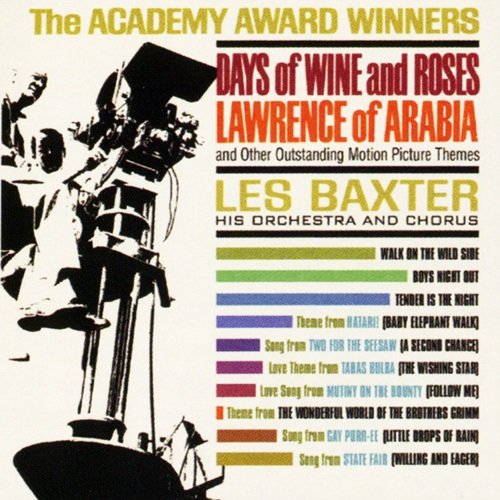
![Don Cherry, Dewey Redman, Charlie Haden & Ed Blackwell - Old And New Dreams (1979/2025) [Hi-Res] Don Cherry, Dewey Redman, Charlie Haden & Ed Blackwell - Old And New Dreams (1979/2025) [Hi-Res]](https://www.dibpic.com/uploads/posts/2025-12/1766322079_cover.jpg)

![Philipp Gropper’s Philm - Sun Ship (2017) [Hi-Res] Philipp Gropper’s Philm - Sun Ship (2017) [Hi-Res]](https://img.israbox.com/img/2025-12/22/lxfeu4bqs3xus6ku842hruzby.jpg)
